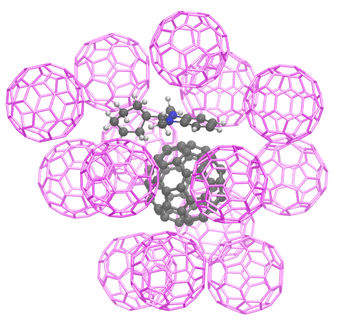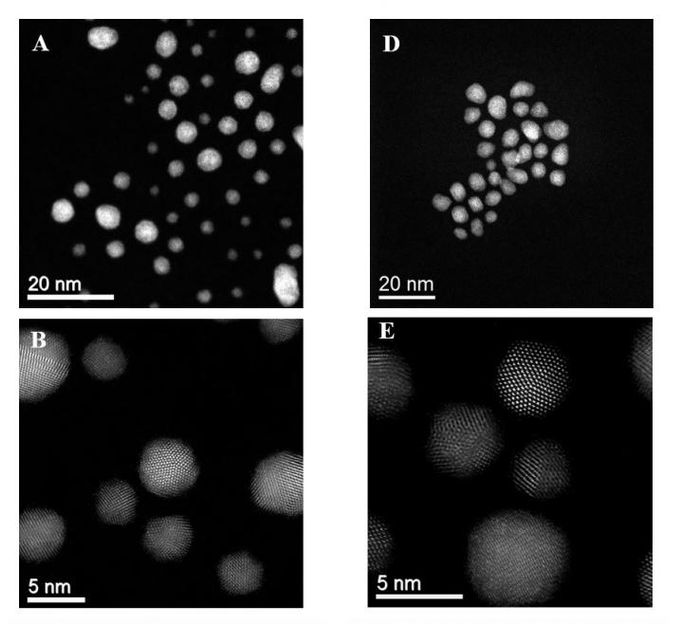Printed electronics to control flexible displays
Partners of the “Forum Organic Electronics” excellence cluster are developing printable organic circuits
Screens and display elements in mobile phones, e-readers for electronic books and measuring devices are now well-established features of our networked world. To make the manufacture of these mobile mass displays more cost effective, organic electronics is providing technical solutions, including flexible control circuits. The Technische Universität Darmstadt, tesa scribos GmbH, the Universität Stuttgart and BASF SE want to research into these printed electronics in the project “Complementary Circuit Technology for printed Displays” (German name Kosadis). This project is an element of the “Forum Organic Electronics” cluster, one of the winners of the Excellence Cluster Competition held by the German Federal Ministry for education and Research (BMBF).
The joint project is initially intended to resolve fundamental technological issues. These activities have a total volume of just under €3.5 million, to which the BMBF is contributing sponsorship funding of almost €1.9 million. Within this initiative, BASF SE is researching into optimized organic semiconductors for organic CMOS circuits. Complementary Metal Oxide Semiconductors are a complementary circuit technology with low energy consumption and high switching speeds.
In the next step, the printing specialists of the Technische Universität Darmstadt will optimize existing printing processes so that ultrathin transistor structures can be printed reproducibly. The Technische Universität Darmstadt will be supported in these efforts by tesa scribos GmbH, whose experts create structures measuring a few micrometers on the printed layers by laser direct imaging.
The necessary electronics and display know-how is being contributed by the Universität Stuttgart. The research scientists of the Chair of Display Technology are specialized in developing different display elements and thin layer circuits for their control. As part of the Kosadis project, they intend to adapt the design of the structural elements to the special requirements of organic electronics and to design and construct a display based for the first time completely on organic electronics.
Organizations
Other news from the department science

Get the chemical industry in your inbox
By submitting this form you agree that LUMITOS AG will send you the newsletter(s) selected above by email. Your data will not be passed on to third parties. Your data will be stored and processed in accordance with our data protection regulations. LUMITOS may contact you by email for the purpose of advertising or market and opinion surveys. You can revoke your consent at any time without giving reasons to LUMITOS AG, Ernst-Augustin-Str. 2, 12489 Berlin, Germany or by e-mail at revoke@lumitos.com with effect for the future. In addition, each email contains a link to unsubscribe from the corresponding newsletter.





























































